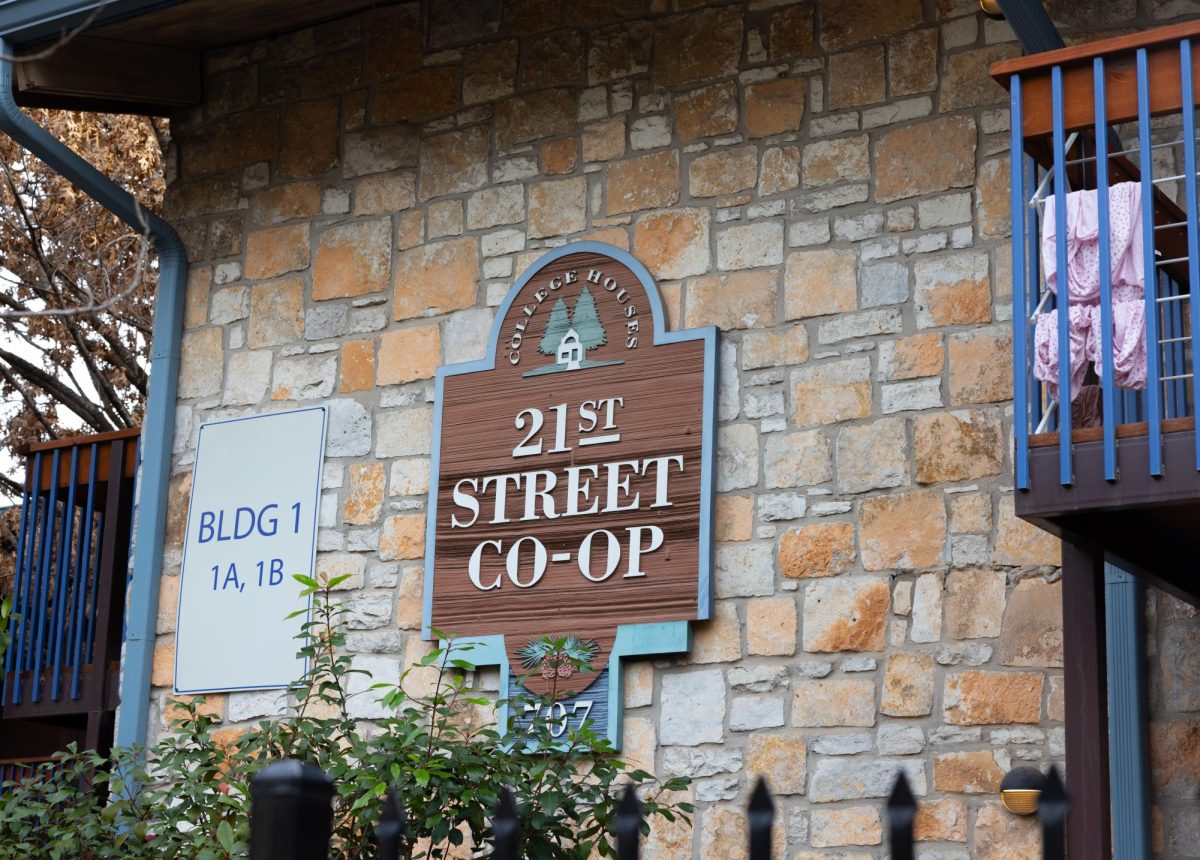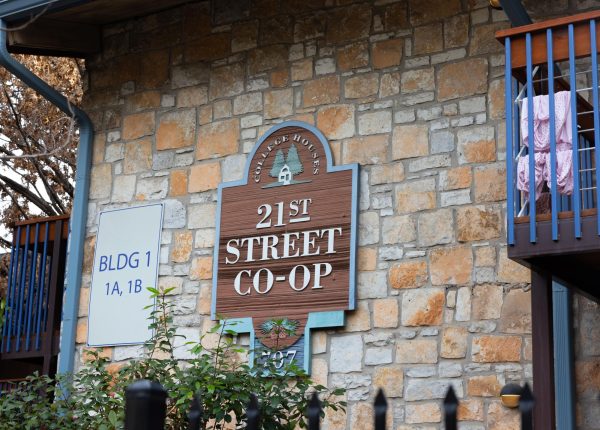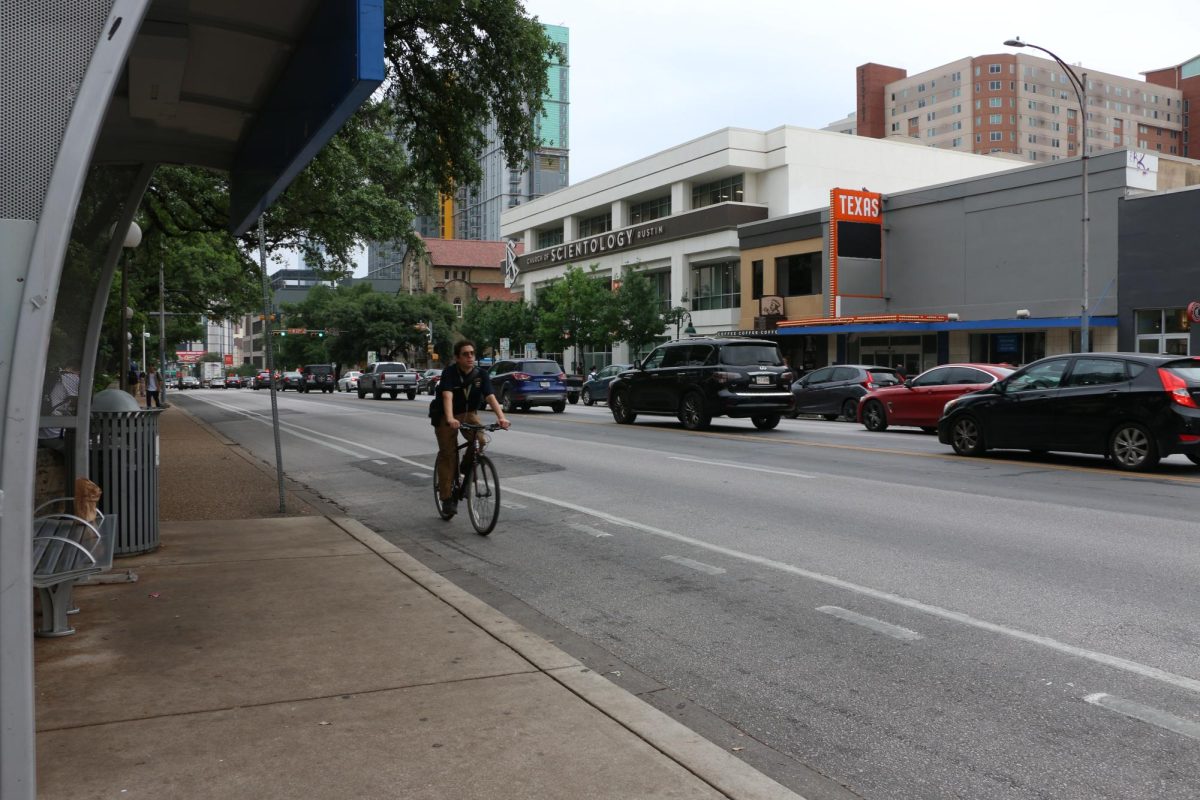CollegeHouses, a cooperative housing organization of seven co-ops, is raising rent costs across the board for more than 500 residents — the first time it’s done so since COVID-19.
Rates differ across co-ops, but 21st Street, Pearl Street and Taos Co-ops share the same rates, CollegeHouses Marketing Director Kristen White said. She said Laurel and Halstead Co-ops are attached and have higher rates, while Opsis and Nueces Co-ops have lower rates because neither offer meal plans.
White said cooperative housing operates on a democratic structure, where residents “pool resources and share expenses so that they can lower their living costs.” Cooperative housing is historically more affordable than other options, White said. In the past, CollegeHouses rates have fallen within the affordable housing guidelines set by the city of Austin and the Department of Housing and Urban Development.
Residents vote on general membership concerns and can join committees under the CollegeHouses Board of Directors, a group of 12 elected resident representatives who make important decisions, such as those involving rent cost, White said. This year, White said the CollegeHouses finance committee drafted a rent increase proposal for the Board of Directors, which relayed the information to the residents.
“When these kinds of decisions get made, every member has a voice in that they have elected their board representatives to represent them,” White said.
White said the increase follows three years of fixed rates due to the COVID-19 pandemic. She said that, coupled with accrued costs from having low residents and income during the pandemic, put CollegeHouses in a sticky situation.
“It’s tough to be in that situation where we’re trying to accommodate our members and their individual financial situations but also trying to ensure the survival of the organization,” White said. “We’re still in recovery (mode).”
Ultimately, White said co-op board members voted to increase rates between $88 and $128 a month for the 2024-25 school year. Discounted rates will be offered to income-verified students, White said, and will be about $60 to $85 lower than the new rates per month. However, the increased rates were an added push to move for some residents.
Amelie Seigman, an English and sustainability studies junior, has lived at Taos Co-op for almost two years, but is exploring other housing options now that rent is over $1,000.
“Co-ops are still one of the cheaper options in West Campus,” said Seigman. “But I feel like having rent now that is above $1,000 a month, it’s toeing the line of what is and isn’t actually affordable housing.”
Grant Gilker, a playwriting and directing junior, is a resident at Pearl Street Co-op who said co-ops are still among the most affordable options in West Campus, but they expect to see a lot of residents move out once housing contracts end.
“We’re going to see a big turnover. It’s going to have big effects on our culture,” Gilker said. “For something that has had such effective longevity, it makes me really nervous about our mission statement (of affordable housing). It’s being undermined, and that’s why we need support from the city council, support from the university and support from donors as well.”
















